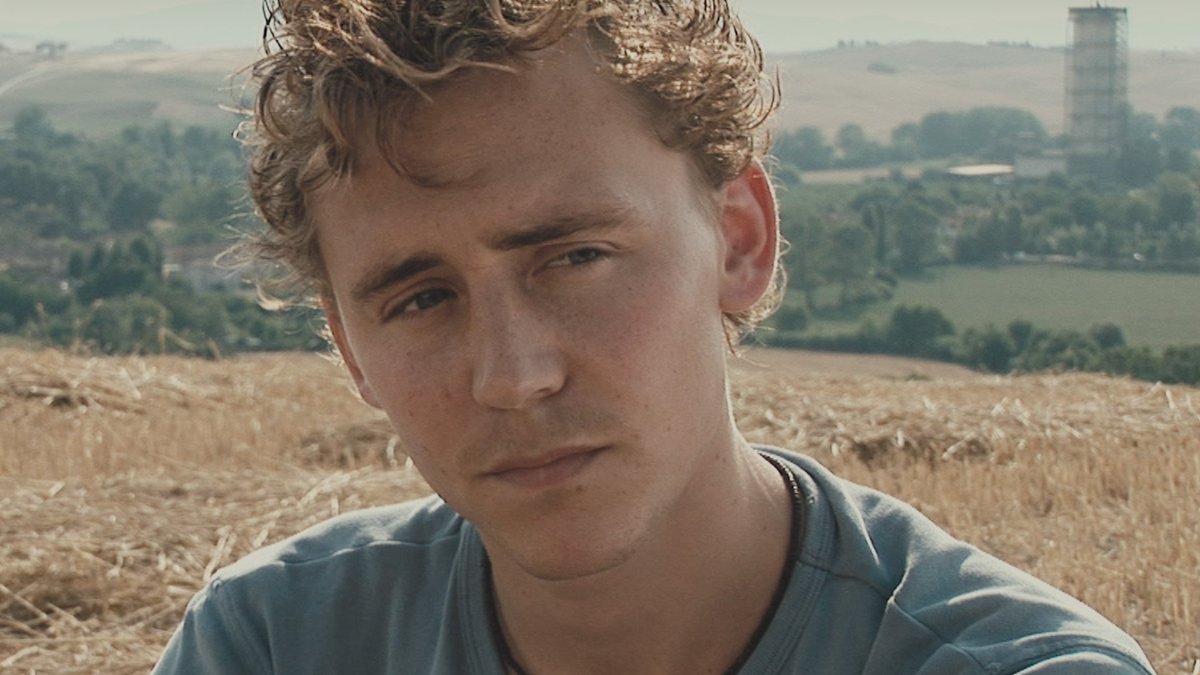
The last ten years have seen filmmakers burst onto the scene in dynamite fashion, from Alex Garland’s Ex Machina (2014) to Jennifer Kent’s The Babadook (2014), Jordan Peele’s Get Out (2017) to Ari Aster’s Hereditary (2018), Greta Gerwig’s Lady Bird (2017) to Bo Burnham’s Eighth Grade (2018). The first film seems a crucial one that lays the foundations for the films to come; Peele followed his critically acclaimed debut with another excruciating dark horror film, Us (2019), Aster topped his with another dark rumination of the human condition in Midsommar (2019), and Garland truly proved how far science fiction could take narrative cinema with his film, Annihilation (2018).
Throughout cinema history there have been countless great films made by countless great filmmakers. But the works that have come to define the great filmographies have to start somewhere, have to have a beginning.
Here we look at some of the greatest debut feature films that plant the seeds for blossoming filmmaking careers.
10. Crisis (Ingmar Bergman, 1946)
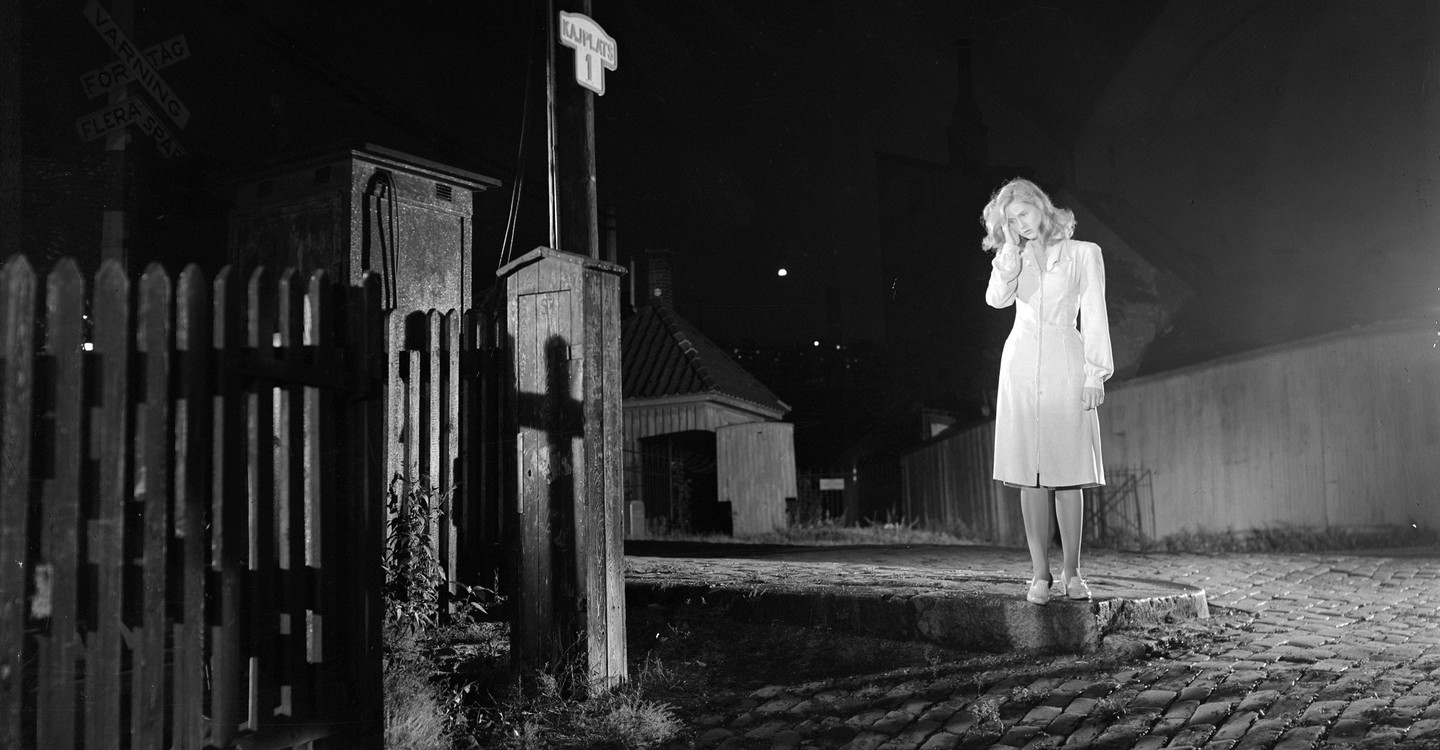
Ingmar Bergman, one of the most revered international film directors who influenced filmmakers such as Woody Allen and Martin Scorsese, became renowned through a string of mid to late 50s masterpieces from Summer with Monika (1953) to The Seventh Seal (1957), Wild Strawberries (1957) to Through a Glass Darkly (1961). These films delved deep into human morality, often using dreamscapes or the surreal as a means of examining the human condition. Metaphor would become a prominent feature here with The Seventh Seal pitching Max von Sydow’s Antonius Block against death himself – something that would even become brilliantly parodied in Bill & Ted’s Bogus Journey (1991).
Bergman began his career, though, with a series of understated, domestic dramas much like his debut film, Crisis, that would inaugurate the stylistic imprints that would become staple in his later works. In Crisis, Bergman evokes an atmosphere as a young woman leaves her childhood hometown to move to the city as a result of her birth mother’s reappearance. While there she undergoes a crash course in corruption and heart break, both finding a way to come of age and understand what truly matters. Probing themes of youth, virtue, and the relationship between men and women, Bergman pins his narrative with a moral centre, something that would come to define his many masterpieces.
9. Atlantics (Mati Diop, 2019)
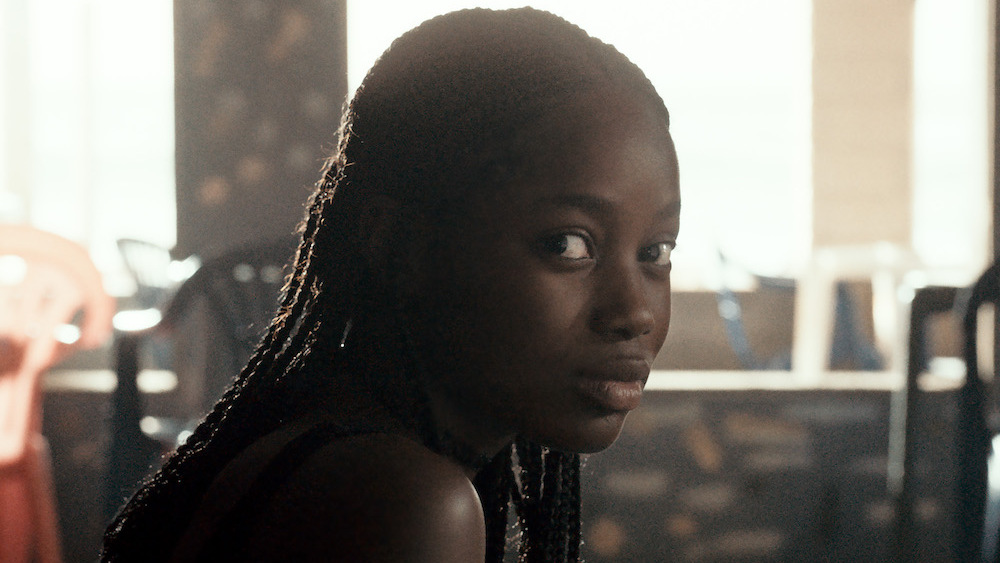
Atlantics began life as a short documentary made in 2009, called Atlantiques, chronicling the journey undertaken by Senegalese friends over the Atlantic Ocean. A mysterious documentary, the story is primarily told over campfires as the peril of illegal immigration is discussed and challenged via mundane conversation. Diop starts, here, with an immediate, urgent piece of work.
Jump ten years and director Mati Diop makes her debut feature film on the same topic with Atlantics. Against the backdrop of a Dubai-esque tower construction, a group of workers take the perilous decision to flee to Spain in hope of better pay and a better life. Unknowingly to their partners, the men die at sea though a local epidemic evolves into something more spiritual as the men return to Senegal to haunt the tycoon who withheld their pay.
A blend of realism and the supernatural, Mati Diop manages to tackle a range of topics from migration, class, crime, and money while imbuing the narrative with a stark stylistic flair. Diop is yet to follow up this film but we await eagerly.
8. The Hunger (Tony Scott, 1983)
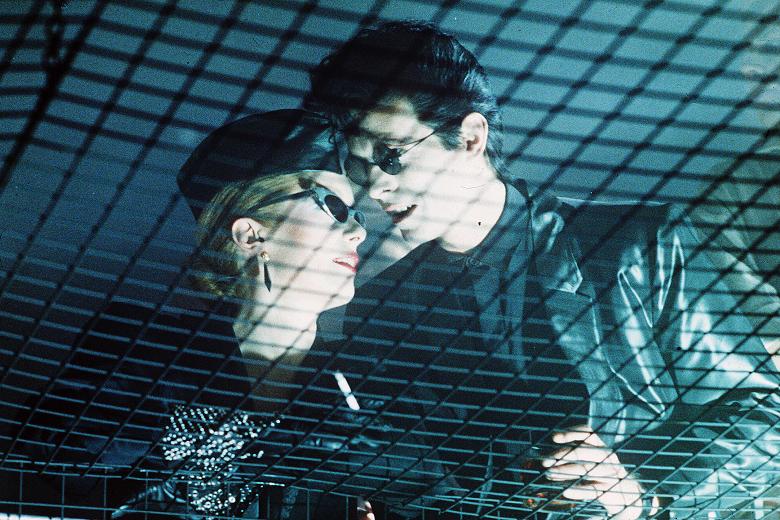
Tony Scott’s older brother, Ridley, had already made The Duellists (1977), Alien (1979), and Blade Runner (1982) by the time Tony burst onto the scene. But Tony’s debut lives up to his brother’s work through meticulous set design and costume, amazing casting (arguably David Bowie’s best performance after his debut in The Man Who Fell to Earth [1976]), and a disorientating editing style akin to the early work of Nic Roeg.
The Hunger is a vampire film with style, a supernatural exploration of love and loneliness with David Bowie’s brilliant, shapeshifting performance at the centre of it. While the narrative may be lacking, Tony Scott lives up to the reputation laid down by his brother by abridging the visual style of Blade Runner with the claustrophobia of Alien all the while stamping it with his own, unique flair for images and design.
7. Unrelated (Joanna Hogg, 2007)
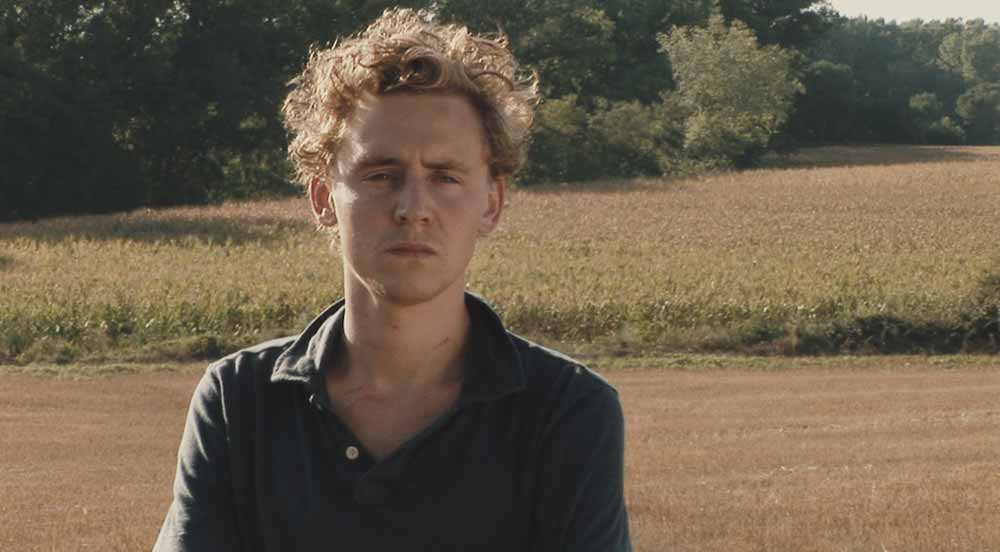
Joanna Hogg began filmmaking with a series of short super 8mm films using a camera she borrowed from Derek Jarman who would become an early mentor (more from him later). A series of television jobs followed and 20 years after her first short film, her debut feature, Unrelated, eventually arrived when she was 47.
Using middle-class characters and families to explore moral storylines – akin to the work of Eric Rohmer – Hogg’s Unrelated sees a middle-aged woman, Anna (Kathryn Worth), go to Tuscany with her friend’s family, only to be more interested in the activities of her friend’s teenage children. Anna’s disillusionment from her friend’s company draws her closer to her teenage nephew (Tom Hiddleston) where a sexual tension grows seeing Anna confronted by a confliction between morals and desire.
Hogg’s improvised style and fly-on-the-wall camerawork make for an honest and sincere approach, one that highlights the wandering and adrift nature of the protagonists. It is a style that would be fully realised with her most recent work The Souvenir (2019) – that is possibly the best, and definitely the most overlooked, film to come out of 2019.
6. Sanshiro Sugata (Akira Kurosawa, 1943)
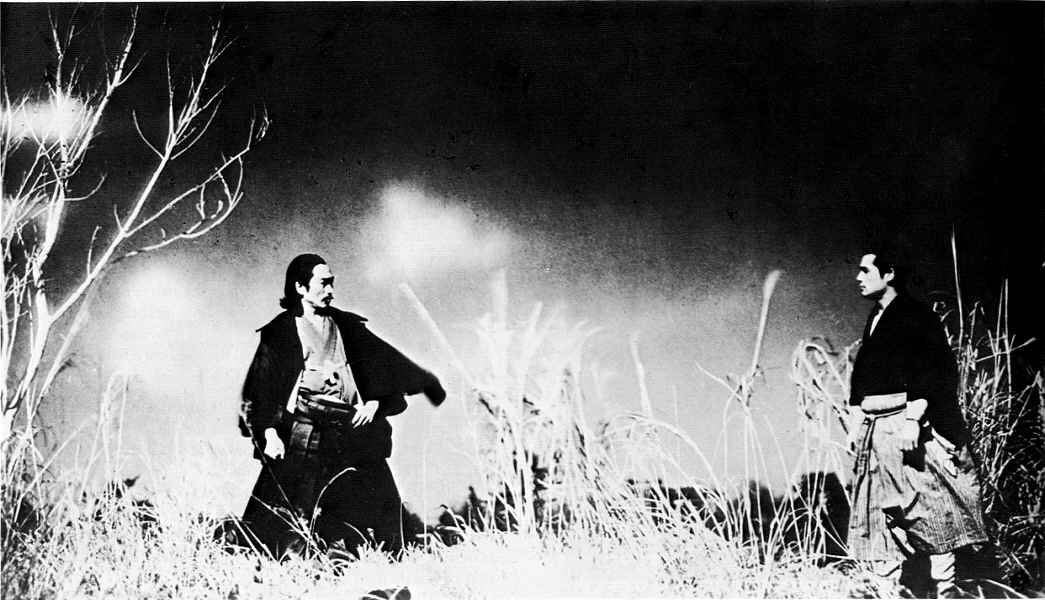
Sanshiro Sugata is a low-key samurai film compared to the epic narratives Kurosawa would come to make – see Seven Samurai (1954) or Ran (1985), for instance – but one that proved there was an early interest in themes of honour, learning, the heroic champion, and the relationship between human and nature.
A concise coming-of-age film about the titular Sanshiro Sugata learning the ways of Judo and in turn learning about himself. Sugata goes from petty streetfighter to feared Judo master, headstrong and noble as he is able to find love and a place in the well fought for world of Judo.
Key Kurosawa techniques like the famous wipe transition are used here and, while it may have received middling reviews, it still warranted a sequel and kick started one of the most acclaimed film careers to date.